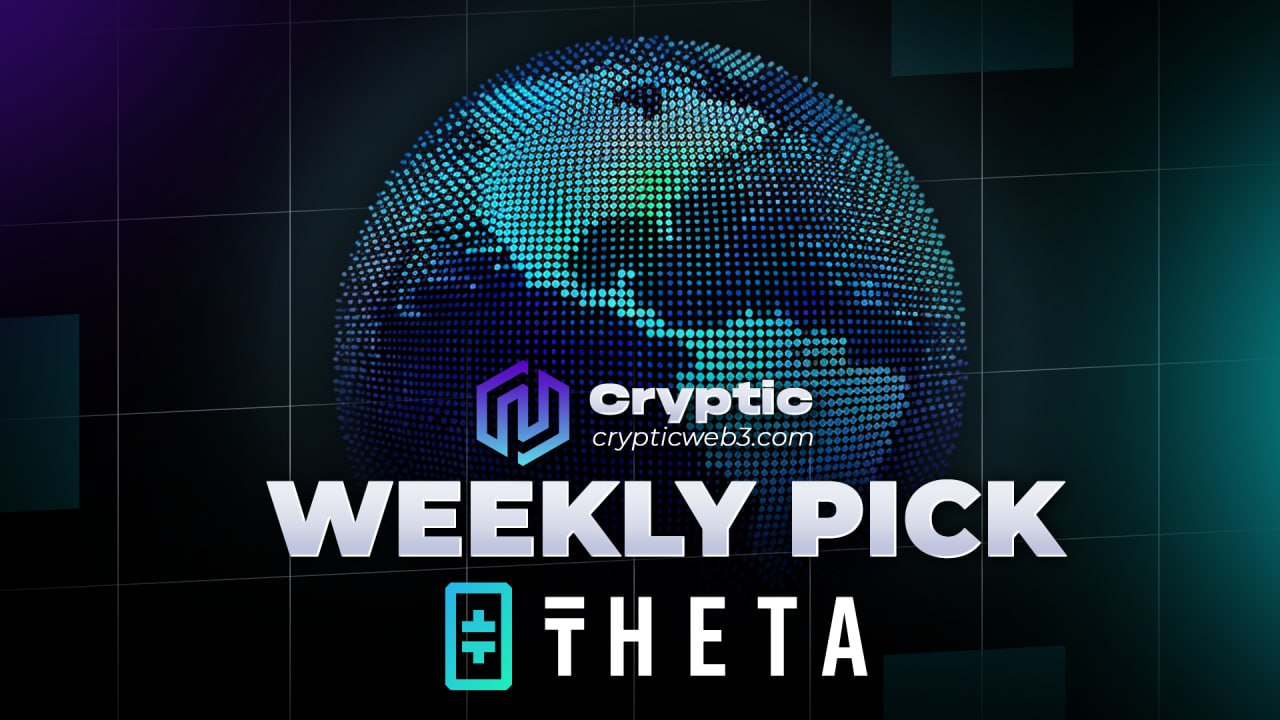
The internet has revolutionized entertainment, making video streaming a dominant force. However, traditional video streaming services face limitations – content delivery network (CDN) bottlenecks lead to buffering, reduced quality, and high costs. Theta Network emerges as a potential game-changer, aiming to disrupt the industry with a decentralized peer-to-peer (P2P) network powered by blockchain technology.
The Bottlenecks of Traditional Video Streaming
CDNs are geographically dispersed networks of servers that store and deliver content to viewers. While CDNs have been instrumental in the rise of video streaming, they have limitations:
- Distance Matters: CDNs require data centers to be built around the world, but these centers can be far from viewers, resulting in latency and buffering issues, especially during peak hours.
- Infrastructure Costs: Building and maintaining a global network of data centers is expensive, leading to high costs for streaming platforms, which often translate to subscription fees for viewers.
- Centralized Control: CDNs are controlled by a single entity, creating a point of failure and limiting innovation.
Theta Network: A Decentralized Solution
Theta Network leverages blockchain technology to create a decentralized alternative to traditional CDNs. Here’s how it works:
- Peer-to-Peer Network: Viewers with excess bandwidth and computing power can contribute resources to the network, acting as “Edge Nodes.” These Edge Nodes relay video streams directly to other viewers, reducing reliance on centralized data centers and minimizing latency.
- Incentivized Participation: Edge Nodes are rewarded with Theta Fuel (TFUEL), the network’s operational token, for sharing their resources. This incentivizes users to participate, creating a sustainable ecosystem.
- Blockchain Security: The Theta blockchain utilizes a Byzantine Fault Tolerance (BFT) consensus mechanism, ensuring the network’s security and preventing malicious actors from tampering with video streams.
The Dual Token System: THETA and TFUEL
Theta utilizes a dual token system to separate governance and operational functions:
- Theta Token (THETA): The governance token used for staking by Validator and Guardian Nodes, which secure the network and validate transactions. Owning THETA grants voting rights on network proposals.
- Theta Fuel (TFUEL): The operational token used for everyday transactions on the network, such as rewarding Edge Nodes for sharing bandwidth and viewers for tipping content creators.
The Theta Team and Ecosystem
Theta Network is led by a team of experienced entrepreneurs, including Mitch Liu (CEO) and Jieyi Long (CTO), with impressive backgrounds in technology and business. The project boasts a distinguished advisory board that includes co-founders of YouTube and Twitch, highlighting Theta’s potential to disrupt the video streaming landscape.
Partnerships are crucial for any ambitious blockchain project. Theta has established partnerships with major players in the content creation and technology industries, including Samsung, Google, Sony, Lionsgate, and MGM. These partnerships not only bring legitimacy to the project but also unlock opportunities for content integration and user adoption.
Benefits and Potential of Theta Network
Theta Network offers several advantages over traditional video streaming services:
- Improved Video Quality: By eliminating reliance on distant data centers and leveraging geographically distributed Edge Nodes, Theta can significantly reduce latency and improve video quality for viewers.
- Reduced Costs: The decentralized P2P network eliminates the need for expensive data center infrastructure, potentially leading to lower subscription fees for viewers and reduced costs for content providers.
- Content Creator Empowerment: Theta allows for direct monetization between viewers and content creators through TFUEL tipping, potentially giving creators a fairer share of revenue compared to traditional platforms.
- Open-Source Protocol: Theta’s open-source protocol allows developers to build decentralized applications (dApps) on the network, fostering innovation and expanding the ecosystem’s potential.
While Theta Network is a promising project, challenges remain. Scalability is critical for mainstream adoption, and the network needs to demonstrate its ability to handle a large influx of users and data traffic. Additionally, competition exists from other blockchain-based video streaming projects.
Conclusion: A Disruptive Force in Video Streaming?
Theta Network offers a compelling solution to the limitations of traditional video streaming. With its innovative technology, strong team, and growing ecosystem, Theta is well-positioned to play a significant role in the future of video streaming. Whether it becomes the dominant force or a key player in a more decentralized video landscape remains to be seen, but Theta’s potential to disrupt the industry is undeniable.


Leave a Reply